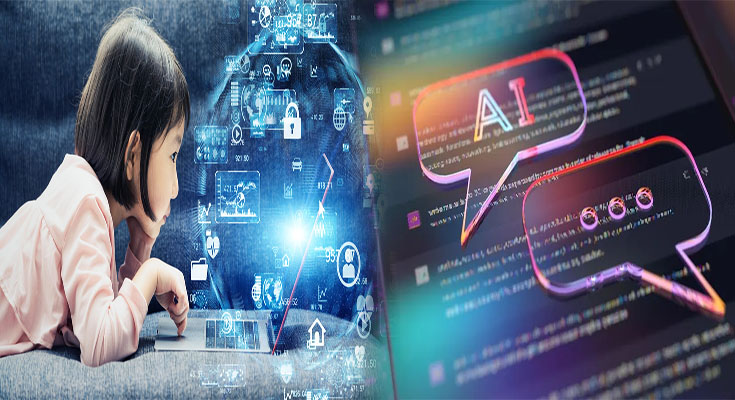Artificial Intelligence (AI) has made significant waves across various industries, revolutionizing the way tasks are performed and disrupting traditional processes. One area where AI is increasingly making a considerable impact is the field of education and schools. From personalized learning experiences to administrative tasks automation, the integration of AI technology in education is transforming the way students learn and teachers teach.
Personalized Learning Experiences
One of the most significant benefits of AI in education is its ability to provide personalized learning experiences for students. AI algorithms can analyze vast amounts of data on individual student performance and learning styles to tailor educational content and resources to meet their specific needs. This level of personalization ensures that students receive customized learning materials that cater to their strengths and weaknesses, ultimately enhancing their academic performance.
Enhanced Teaching Tools
AI-powered educational tools and platforms are assisting teachers in creating more engaging and interactive learning experiences for students. Virtual classrooms, chatbots for answering student queries, and adaptive learning software are just a few examples of how AI is augmenting traditional teaching methods. By utilizing these tools, educators can better cater to the diverse learning styles of their students and provide more effective and efficient instruction.
Administrative Tasks Automation
In addition to transforming the classroom experience, AI is streamlining administrative tasks in schools. AI-powered systems can handle routine administrative duties such as scheduling, grading, and data management, allowing teachers and administrators to focus more on student engagement and learning outcomes. By automating these tasks, schools can operate more efficiently and allocate resources more effectively.
Challenges and Considerations
While the integration of AI in education offers numerous benefits, there are also challenges and considerations that schools need to address. Privacy and data security concerns, the potential for bias in AI algorithms, and the need for proper training and support for educators are critical issues that must be carefully navigated. It is essential for schools to implement AI technologies thoughtfully and ethically to ensure that they enhance, rather than detract from, the quality of education.
Looking Ahead
As AI continues to advance and evolve, its impact on education and schools is likely to grow even more profound. From intelligent tutoring systems to predictive analytics for student success, the potential applications of AI in education are vast. By leveraging AI technology responsibly and strategically, schools have the opportunity to reshape the learning experience for students and empower educators to deliver more personalized and effective instruction.
The impact of artificial intelligence on education and schools is undeniable. By harnessing the power of AI technologies, schools can enhance learning outcomes, improve teaching methods, and streamline administrative processes. As we continue to explore the possibilities of AI in education, it is crucial to approach its implementation with a focus on equity, ethics, and student-centered outcomes. The future of education is being shaped by AI, and it is essential for schools to embrace this technological revolution to unlock its full potential.





